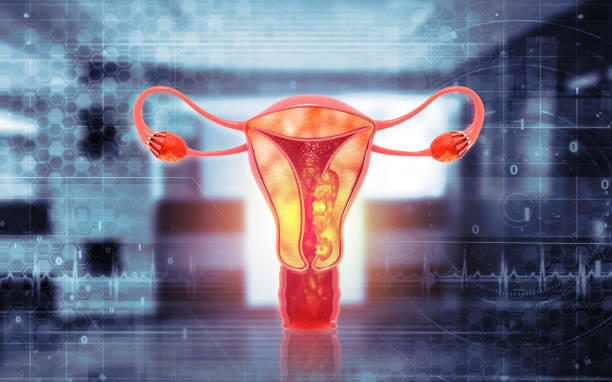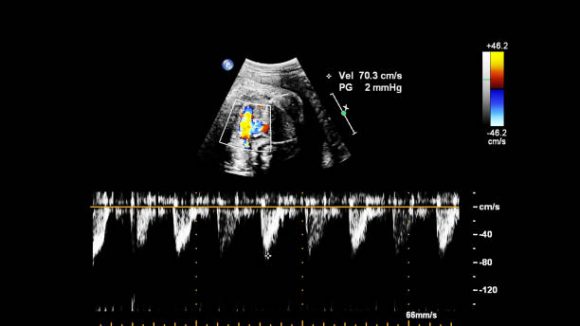
After having the first child, most parents might think that having a second successful pregnancy will be easy. However, that’s not always true, and you are not alone. Secondary infertility happens when you can’t get pregnant or carry a baby to term after you’ve been pregnant before and had a baby without any trouble. Secondary infertility shares many of the same causes of primary infertility.
Causes of Secondary Infertility
There are several factors that can contribute to secondary infertility in women and men including:
Female Triggers
- Advanced maternal age (age 35 and older)
- Fallopian tube impairment
- Ovulation dysfunction
- Endometriosis
- Uterine abnormalities
- Complications from a previous pregnancy
- Effects of a prior surgery
- Advanced reproductive age
Male Triggers
- Low sperm production
- Compromised sperm function
- Inadequate sperm delivery
Diagnosis
Diagnostic procedures for secondary infertility are the similar to those used for primary infertility.
A medical history check
- past illnesses, STIs, and surgeries
- any previous pregnancies or deliveries
- a history of pregnancy loss
- previous breastfeeding
- current medications
- exposure to harmful drugs or chemicals
- the menstrual cycle
- damage to the testes
An exam
This may involve a pelvic exam to check the reproductive organs. It can also include:
- semen analysis to look at sperm number and characteristics
- blood tests to detect hormone insufficiency
- ultrasound to check for structural abnormalities, such as tumors, enlarged veins, or a blockage in the tube that carries the sperm out of the testes
Treatments for secondary infertility are similar to those offered for primary infertility like medications, surgeries, or Assisted Reproductive Techniques like IUI, IVF, etc. based on age and health conditions. Our fertility specialists will work with you to determine which of the following options is best.
- Oral or injectable fertility medications: The most common oral fertility medications are clomiphene citrate (Clomid) and letrozole (Femara). Both work to enhance the production of follicle-stimulating hormone (FSH), which induces and/or improves the maturation and release of your egg(s).
- Intrauterine insemination (IUI) : During this sperm is placed inside the uterus to promote fertilization. IUI can increase the number of sperm that reach the fallopian tubes, which increases the likelihood of successful fertilization.
- In vitro fertilization (IVF) : In vitro fertilization (IVF) is a complex series of procedures used to help with fertility or prevent genetic problems and assist with the conception of a child.
If you believe that you or your partner may be experiencing secondary infertility, get an appointment with our expert Gynaecology team. We will guide you in every step as you make your journey back to parenthood. You are not alone.




